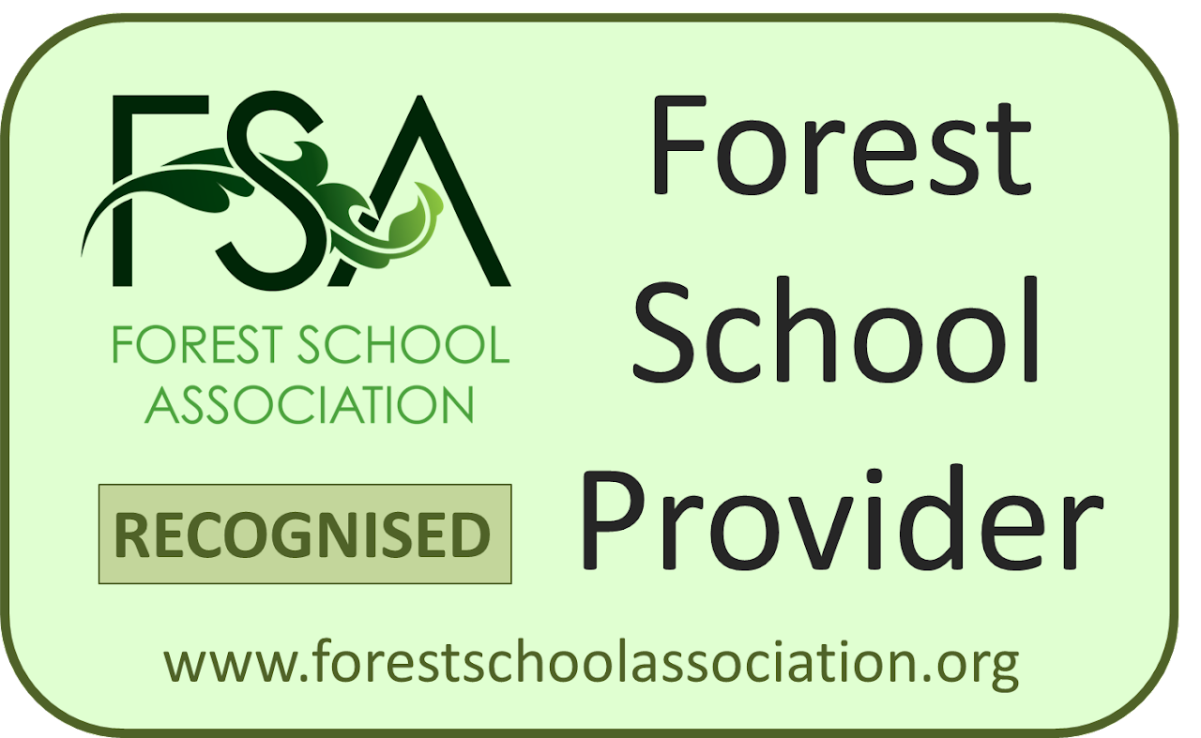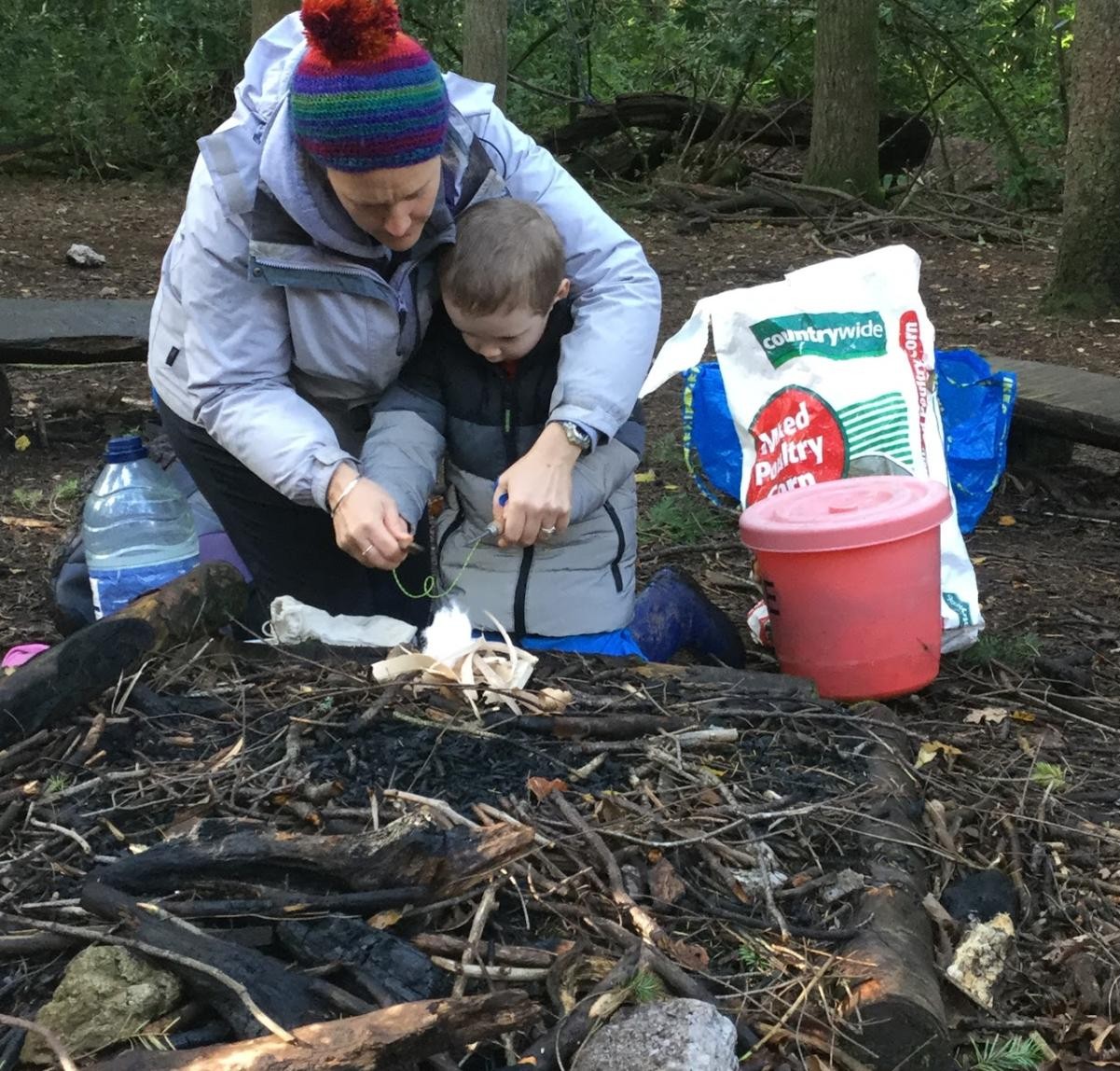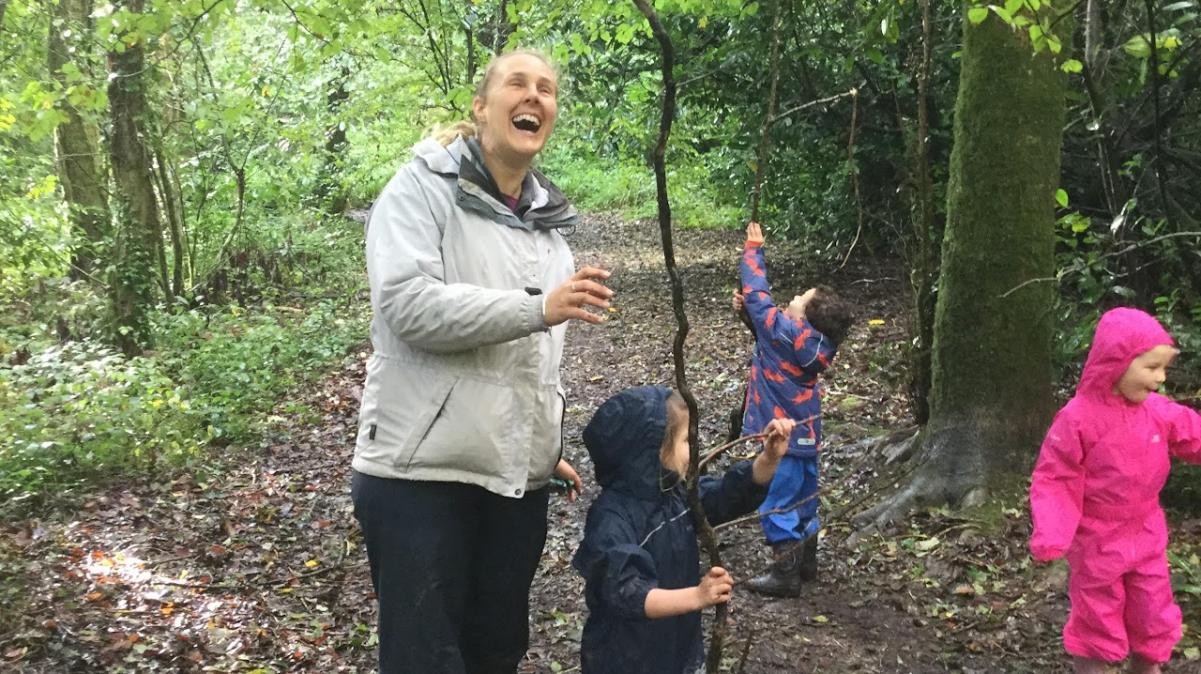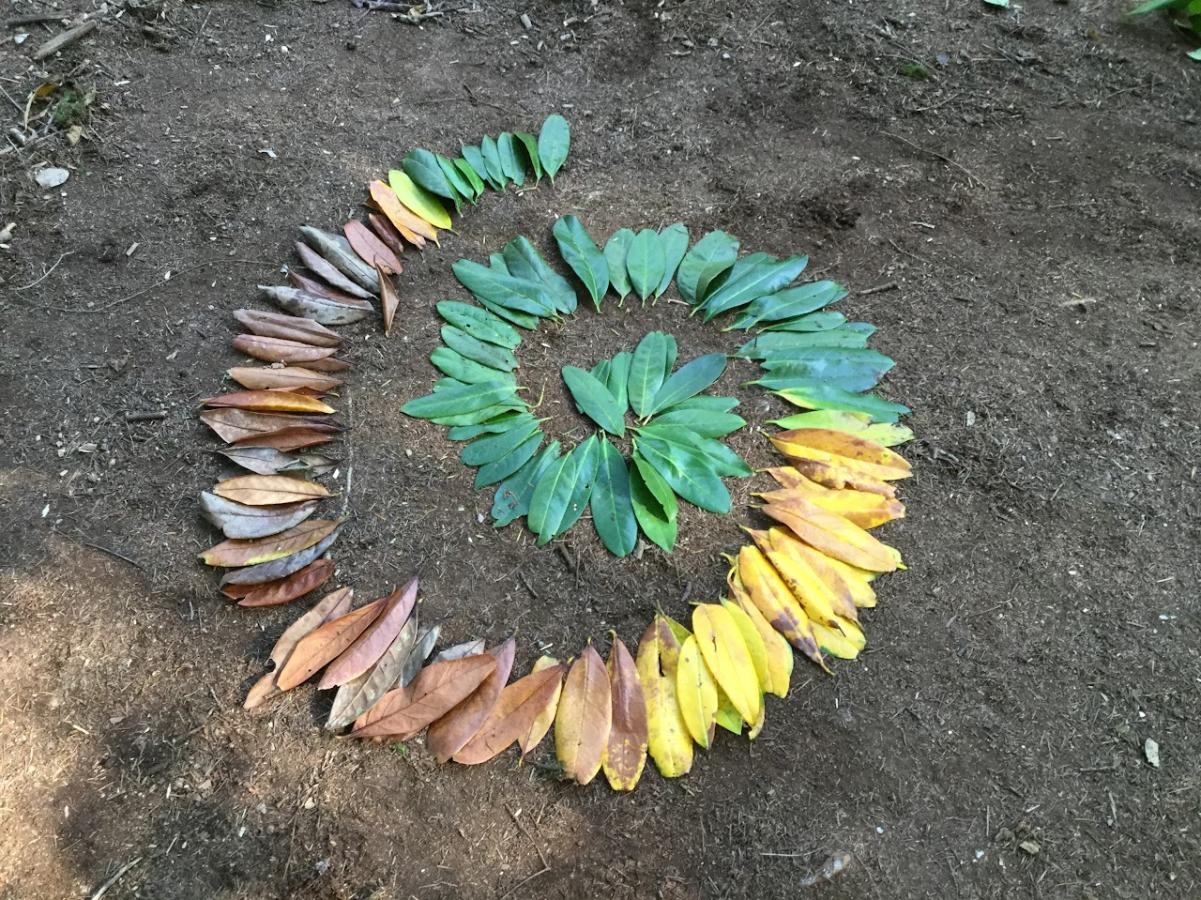What is Forest School?
Forest School is a unique approach consisting of regular sessions in wooded environments throughout the year that give young people increased contact with, and knowledge of, the natural world. The ethos and process of Forest School enables the holistic personal development of young people and benefits their physical and mental wellbeing. We believe our Forest School sessions help children develop their communication skills, social relationships and physical confidence.
Click here to watch a video we made explaining the Forest School principles and the experiences the children enjoy in the woods.
Forest School is a unique approach consisting of regular sessions in wooded environments throughout the year that give young people increased contact with, and knowledge of, the natural world. The ethos and process of Forest School enables the holistic personal development of young people and benefits their physical and mental wellbeing. We believe our Forest School sessions help children develop their communication skills, social relationships and physical confidence.
Click here to watch a video we made explaining the Forest School principles and the experiences the children enjoy in the woods.




